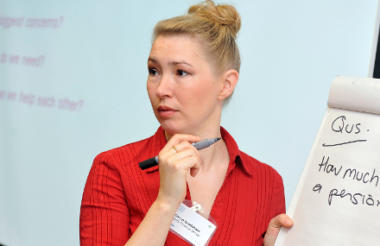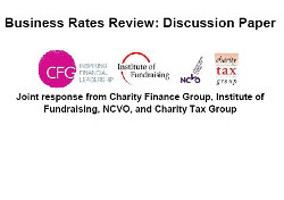The Charity Finance Group has warned that the charity sector could see its business rates bill hit £432m a year by 2019/20 – more than double what it was in 2010/11.
Charities receive an 80 per cent mandatory relief on business rates on property occupied for charitable activity, and local authorities can apply a discretionary 20 per cent relief. However most choose not to do so.
In 2010/11 charities paid £210m and latest figures from the Department for Communities and Local Government show the sector’s bill for 2017/18 is likely to be £390m.
If the current rate of growth continues, CFG projects that the sector will be paying £432m a year by 2019/20 and has written to the Chancellor
‘Correct this historical anomaly’
A poll of 2,000 people carried out on by ComRes, CFG and the Institute of Fundraising has found that just 17 per cent of the public support the idea that charities should pay business rates.
Andrew O’Brien, head of policy and engagement, said: “There is a perception amongst the public that charities are tax free. This is simply not the case. Although we do receive support towards paying business rates, there are many charities which are still paying substantial amounts.
"This, alongside taxes such as IPT and irrecoverable VAT, should be seen as indirect taxes on people‟s donations as they mean that there is less money left over to help beneficiaries.
“It is time to correct this historically anomaly and create a simpler system which will see charitable resources flowing to where they should go, furthering charitable objectives.”
Letter to the Chancellor
CFG’s chief executive, Caron Bradshaw, has now written to the Chancellor Philip Hammond urging him to increase mandatory rate relief to 100 per cent.
She said: “This is a significant cost burden on the charity sector, at a time when demand is increasing for services.”
Bradshaw also told the Chancellor that charities in economically deprived areas are more affected because “those councils which operate in areas of economic disadvantage and have a weaker tax base are least able to give discretionary rate relief”.
“At a time when, in the wake of Brexit, we need to do more to support the disadvantaged in our society and bring our country together,” she said, “we should reform the tax system so that charities are unshackled to help as many people as possible and deliver public benefit.”
Related articles











